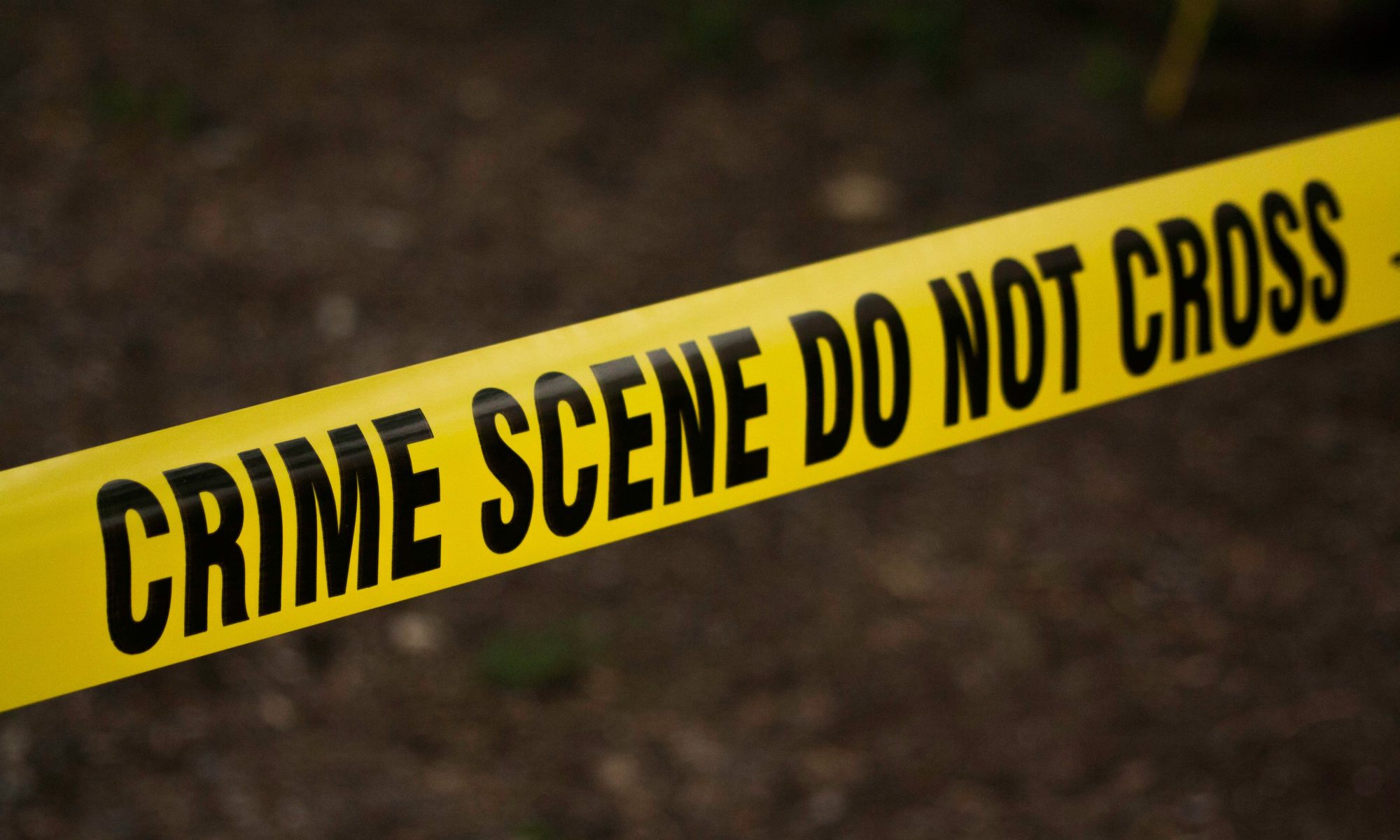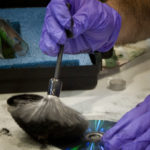Blood splatter. Brain matter which had dried up and had become difficult to remove. Stomach-turning smells of a decomposed body. Heart-wrenching scenes of grief-stricken survivors processing the grisly scene before them. For many of us, these scenes are something we are lucky enough to see only on TV. But for many people who clean up crime scenes and accident sites for a living, the horror is a stark reality. But although the work can be difficult and heart-wrenching, it can also be interesting and sometimes, mundane. In this article, we’ll explore the secrets of one of the grimmest jobs in cleaning, the world of the crime scene and accident scene cleanups.
- Crime scene and accident site cleanup companies are a relatively new but rapidly growing and lucrative industry. Although crimes and accidents are mankind’s constant bedfellows since time immemorial, the difficult task of cleaning up the bloody mess had been the responsibility of the surviving family, building personnel, or the family’s domestic cleaners. In the event of vehicle accidents, for instance, it lies within the responsibility of the vehicle owner to reach out to experts like the ones at auto repair in Arvada to get the vehicle repaired and also seek guidance from lawyers for compensation. There are countless responsibilities that one has to take up after the accident has occurred. During the 1990s, a few enterprising individuals began to answer the public’s need for professional crime scene and accident site cleanups. Not only did this new brand of cleaners free grieving family members, building personnel, and domestic cleaning service providers from the task that they were unprepared and under-equipped to take on, they also helped secure the scene of the crime or accident from evidence tampering and contamination.
Despite the declining crime rate in the United States, crime scene and accident cleanups are still considered a lucrative business. Its profit has skyrocketed to $99 million, while its revenue has reached a whopping $375.5 million according to the market research group IBISWorld.
2. Cleaning up a scene of a crime or accident might look so simple, but it’s a complicated and difficult process. Remember that the police and other first responders do not clean up crime scenes. In the aftermath of a crime or an accident, it is the family or the building manager’s responsibility to arrange an appointment with a crime scene cleanup provider. The survivors will then need to have clearance from law enforcement before the actual cleanup can begin.
Once cleared, the cleanup will begin with an initial inspection. The technicians will determine what type of biohazard materials are present, and which disinfectants they should use to sanitize and decontaminate the area. The cleaners will do their best to restore the scene to the moment before the crime occurred. The process, however, can become difficult and dangerous if the blood, tissue, or other bodily fluids left behind in the crime scene contain pathogens.
3. Although a person doesn’t need a degree to become a crime scene or accident cleaner, prospective technicians need to receive special training conducted by the employers themselves. In-house training is provided by employers to ensure that their cleaners are familiar with proper cleaning and biohazard waste disposal methods, as well as to ensure that they comply with all OSHA and government safety regulations. Prospective technicians also do not need to be licensed or certified to work as a crime scene or accident cleaner. If they do not comply with the rules and regulations then they put themselves and others at risk for injury. If this does happen then professionals similar to an Arkansas personal injury lawyer or one within the injured person’s location, may be brought in to deal with the case if it goes to court.
4. Crime scene cleaners use regular cleaning materials but are also equipped with PPEs and other specialized equipment. Cleaning technicians are armed not only with an arsenal of conventional cleaning materials but also special clothing and equipment similar to this hazmat suit for sale. This is for their safety so that they are not exposed to dangerous scenes, health hazards, or strong chemicals as they perform their work.
Apart from being equipped with personal protective equipment, technicians also bring biohazard waste containers (such as thick plastic bags and heavy-duty containers). For complicated cleanup jobs (such as when the brain matter had dried or blood had coagulated), they are equipped with strong disinfectants, enzyme solvent, putty knives, shovels, foggers, and strong deodorizers. It is also normal for them to bring ladders, saws, sledgehammers, and other such equipment for very difficult cleanups. If there is a lot of debris that has accumulated at the scene, then they may need to have larger means of disposal which can come in the form of a skip bins for hire sydney company or one similar, to help with moving these large items away from the scene and disposing of them after they are checked.
5. The job can be physically demanding and emotionally draining, so it goes without saying that the turnover rate is higher compared to other industries. Cleaning up a place where someone committed suicide or was murdered is physically and psychologically draining, so it’s little wonder that many cleaners choose to leave the industry after several months or so. Although the business can be lucrative, many owners choose to leave the industry because of the psychological toll the situations can inflict upon them. Some companies arrange psychological counseling to help their employees compartmentalize and cope with the stress.
6. But for some people, the job can also be emotionally fulfilling. Witnessing the death of a loved one from a violent crime or an accident is one of the worst moments in a person’s life. Cleaning up a crime scene can sometimes only add to their trauma, that’s why cleaning technicians play a large role in easing the burden of the survivors by shielding them from the worst. Although the job is physically and emotionally exhausting, knowing that they had made a difference in the lives of the survivors and helping them cope with their grief can be emotionally fulfilling for many cleaners.
7. Depending on the difficulty of the cleanup and how hazardous the environment is, the service can sometimes be expensive. Some of the most difficult to clean sites are rooms where a decomposing body was discovered or where large sections were splattered with lots of blood, tissue, or other bodily fluids. A portion of the cost can be covered by insurance, but the family will still need to foot a portion of the bill.
8. Crime scene and accident cleanup providers also offer a host of other cleanup services. Crime scene and accident cleanups make up a small part of the business, that’s why some cleaning companies offer other cleanup services to supplement their income. Some companies provide animal waste disposal, basement or crawlspace cleanup, and even hoarding cleanup. Other providers even go as far as offer disease disinfection and contagious disease wipe downs for schools, hospitals, nursing homes, and other facilities in the case of disease outbreaks or epidemics.



